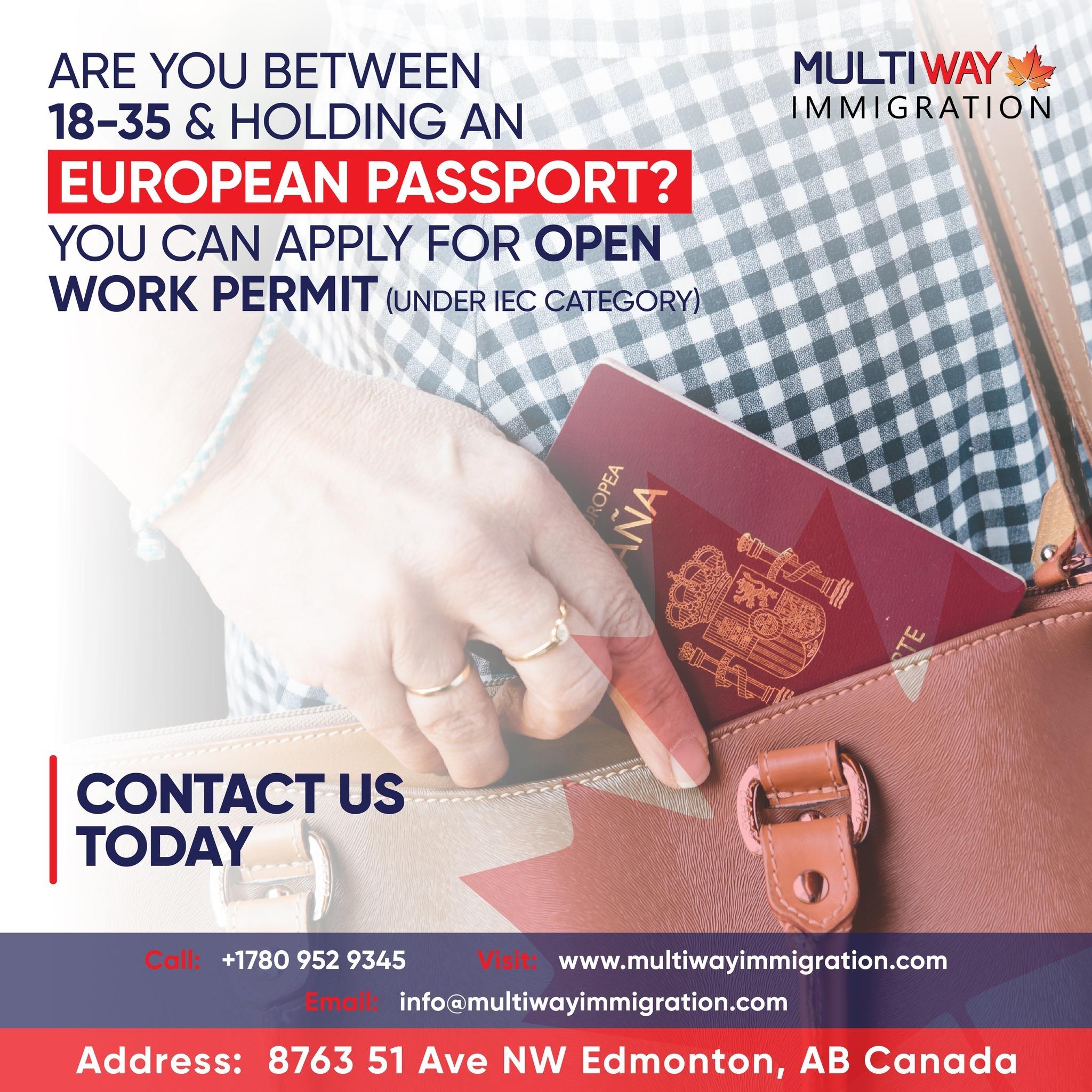Canada has long been a sought-after destination for individuals seeking new opportunities and a higher quality of life. With a strong economy, diverse job market, and welcoming immigration policies, it's no wonder that many individuals aspire to work in Canada. If you are considering pursuing employment in Canada, understanding the process of obtaining a work permit is essential. Let's explore the key steps and requirements involved in securing a Canada Work Permit and embarking on a fulfilling professional journey.
1. Determine Your Eligibility
Before applying for a Canada work permit, it's crucial to determine your eligibility to work in the country. Canada offers various work permit programs, each with its own set of criteria and requirements. These programs include the Temporary Foreign Worker Program (TFWP), International Mobility Program (IMP), and Provincial Nominee Program (PNP), among others. Factors such as your occupation, qualifications, job offer, and intended duration of stay will influence the appropriate program for you.
2. Job Offer and LMIA (Labor Market Impact Assessment)
In most cases, securing a job offer from a Canadian employer is a prerequisite for obtaining a work permit. The employer may need to obtain an LMIA, which demonstrates that there is a genuine need for a foreign worker to fill the position and that no Canadian citizen or permanent resident is available to do so. The LMIA process involves advertising the job position and demonstrating efforts to hire locally. Once the employer obtains a positive LMIA, you can proceed with the work permit application.
3. Work Permit Application
Once you have a job offer and, if required, a positive LMIA, you can submit your work permit application to Immigration, Refugees and Citizenship Canada (IRCC). The application process may vary depending on your country of residence and the specific work permit program you are applying through. Generally, you will need to provide personal information, supporting documents (such as passport, educational credentials, and job offer letter), and pay the required application fees.
4. Work Permit Duration and Conditions
The duration of a Canada work permit can vary depending on the program and specific circumstances. In some cases, work permits are issued for a specific job with a designated employer, while in other cases, they may allow for flexibility in changing employers or working in multiple locations. It's essential to familiarize yourself with the conditions and restrictions attached to your work permit to ensure compliance with Canadian immigration regulations.
5. Work Permit Extensions and Permanent Residency
In many cases, work permits can be extended beyond their initial validity period. If you wish to continue working in Canada, it's important to initiate the extension process well in advance of your work permit's expiration date. Additionally, a Canada work permit can serve as a stepping stone towards permanent residency. Canada offers various immigration programs that prioritize skilled workers, and having Canadian work experience can enhance your eligibility for these programs.
6. Work and Life in Canada
Obtaining a Canada work permit opens doors to a wealth of opportunities and experiences. With a strong economy, diverse culture, and high quality of life, Canada provides a supportive and inclusive environment for professionals from around the world. As a worker in Canada, you will have access to various social benefits, healthcare services, and educational opportunities for yourself and your family.
Conclusion: Embracing Professional Growth in Canada
Securing a Work Permit in Canada is a significant milestone in your professional journey. It allows you to gain valuable international work experience, expand your skill set, and contribute to the thriving Canadian economy. By understanding the eligibility requirements, following the necessary steps, and leveraging the available resources, you can navigate the path to success and embrace the countless opportunities that await you in Canada.
